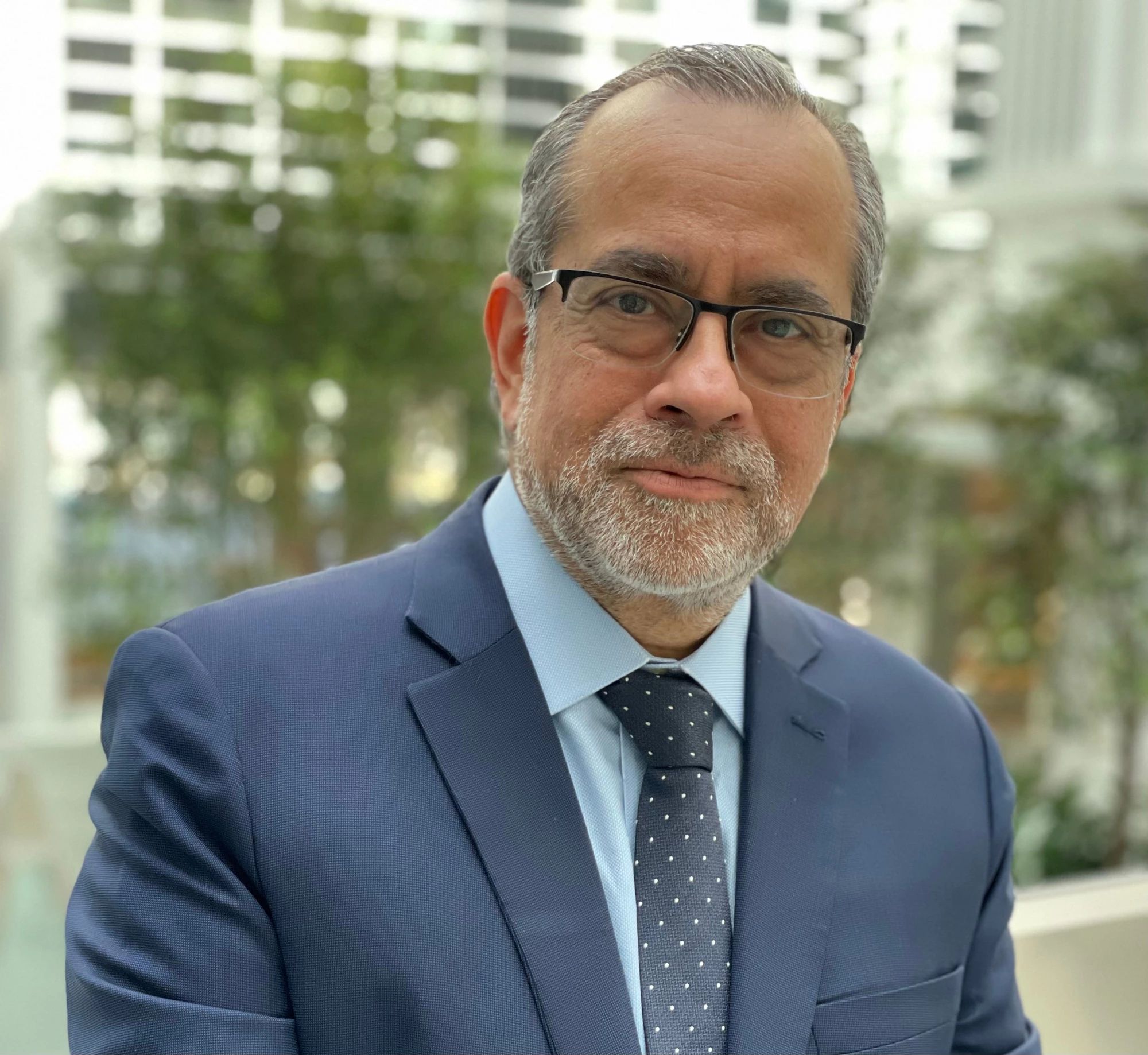 A Venezuelan migrant in a bus station in Bogota, Colombia. Photo: Bernardo Restrepo / World Bank
A Venezuelan migrant in a bus station in Bogota, Colombia. Photo: Bernardo Restrepo / World Bank
There is no single face of return. It could be Alejandro’s, a mechatronics engineer from Medellín who worked as a public servant before migrating to the United States, from where he was deported twice. Or it could be Erika’s, a young Honduran woman who migrated as a child and, years after being returned, still struggles with emotional scars. Between them there are decades of difference, different life stories and educational backgrounds. But they share the same condition: being returnees.
Like them, thousands of Latin Americans return every year—by choice or by force—and face enormous challenges in rebuilding their lives. Who are the migrants who return? What can be done to ensure their reintegration in their countries of origin is dignified, productive, and sustainable?
Return context
Return is a global phenomenon with diverse causes and trajectories. Many people cross borders in the opposite direction from what they imagined when they first migrated. Some return voluntarily; others are deported or return due to shocks like the pandemic or economic crisis, sometimes with nothing more than a suitcase and an interrupted life story.
In Latin America, return has taken on relevance. For example, over the last five years, the United States repatriated more than 2.7 million Mexicans, 550,000 Guatemalans, 480,000 Hondurans, and 200,000 Salvadorans, in addition to tens of thousands of citizens from other countries in the region. The profiles are diverse: professionals with international experience; young people who left school when they migrated; older adults; individuals traveling alone or with children born abroad. Some come back to support networks; others return without documents or a roof over their heads. This diversity calls for flexible, timely, and specialized responses.
What is being done?
The World Bank team reviewed more than 65 global programs supporting returnees. Although the analysis is not exhaustive, it helped identify trends and gaps. Most initiatives focus on employment, entrepreneurship, and access to services. While few address the complexity of return in a comprehensive way, some efforts stand out for their holistic approach. In Colombia, the Centros Intégrate bring together legal, social, and economic services in one place. In Africa, the IOM–EU Joint Initiative combined employment, basic services, and community development. And in Bangladesh, the Recovery and Advancement of Informal Sector Employment program offers training, microcredit, and psychosocial support to returnees following the pandemic. Despite these advances, challenges persist in monitoring, coordination, and adapting to different profiles.
Challenges of return
Return only begins with the journey back. When thousands of people return in a short time, opportunities and challenges arise. Returnees can be drivers of development; many come back with new skills, experience, capital, and networks. Recognizing and leveraging this potential is a fundamental part of a return policy, which must also respond to emerging challenges such as possible pressure on public services, employment and urban development, and a drop in remittances.
But there are challenges in reintegration that are not automatic. Many have been away for years and return to a country that has also changed. In addition, for some—such as unaccompanied minors and survivors of gender-based violence—there are specific, priority challenges. The challenges are multiple and often overlap, but the biggest are:
- Limited access to basic services: Health care, education, housing, and social protection are not always available or tailored to those who lack proper documentation or are in the process of registering.
- Legal and administrative hurdles: Many return without valid documents and without recognition of their studies or work experience.
- Psychosocial issues: Anxiety, trauma, or migration-related grief are common but rarely addressed.
- Difficulty integrating into the labor market or education system: Unemployment is high and programs for training, employment, and entrepreneurship are scarce. Returnees’ skill profiles do not always align well with the local labor market.
- Social stigma: In some cases, returnees are seen as a threat, which hinders their integration.
What can be done?
Supporting return is a smart policy choice. International experience shows that reintegration programs work best when they start before returning, are comprehensive, and are tailored to everyone. Alejandro and Erika need different things, but both need to be seen not only as returnees, but as citizens with potential.
To achieve this, governments and their partners must act on several fronts. It is necessary to better identify those who return, profile their needs, and build multisectoral responses. Improving coordination among institutions, communities, NGOs, and the private sector is key, as is establishing mechanisms for monitoring and adaptation. A good return policy is not improvised: it is built with evidence, listening, and collaboration.
Return as an opportunity
Return should not feel like a defeat. If Alejandro found closed doors and Erika still carries wounds, it is because people often return to a country that is not ready to receive them. But this can change. Turning return into an opportunity requires policies and programs that recognize diversity and act with dignity, speed, and a forward-looking vision.
In the document, the World Bank seeks to contribute to this conversation. It offers practical inputs so that governments, funders, and partners can work together to build entry points that foster development. Return, far from being an endpoint, can be the start of a new beginning.





Join the Conversation